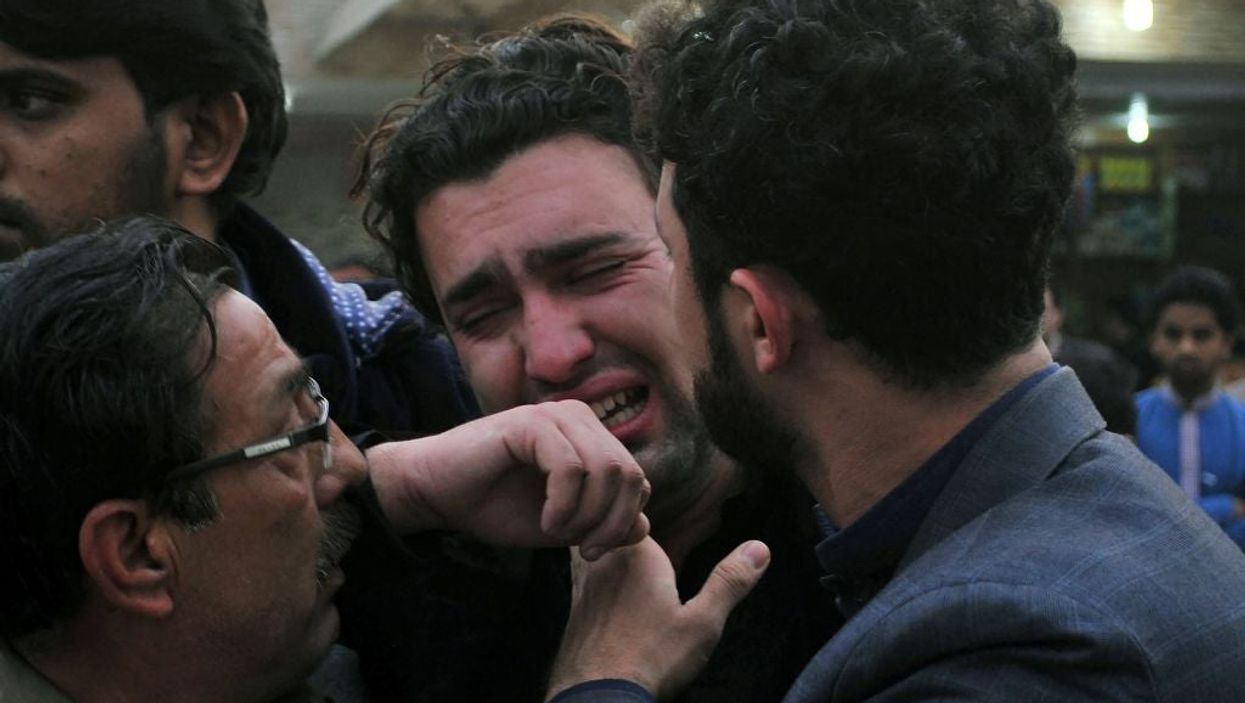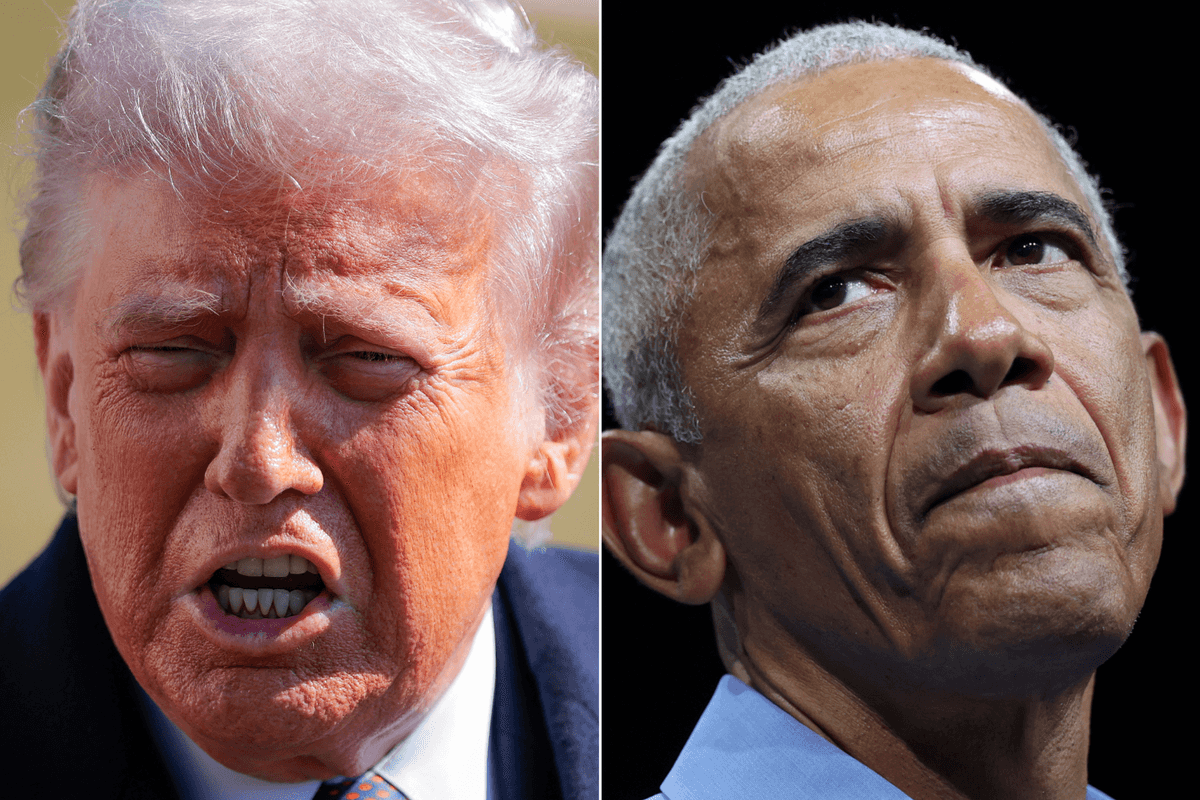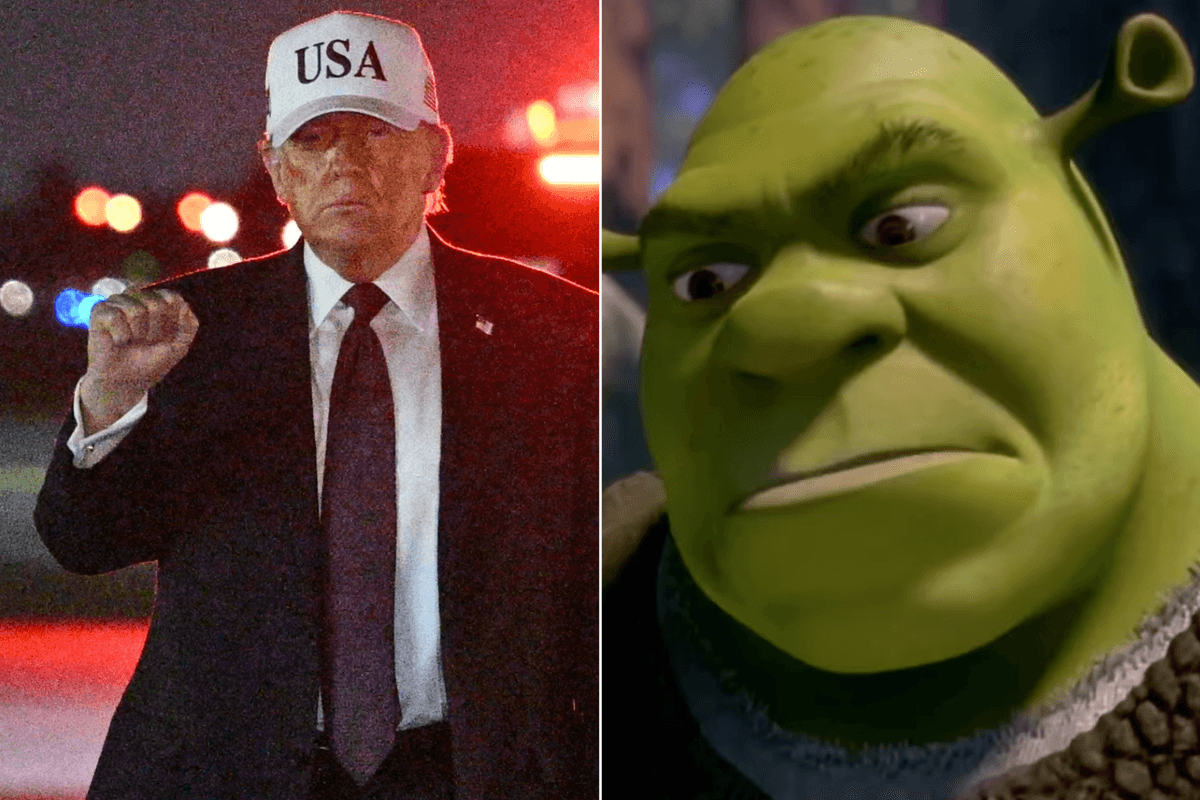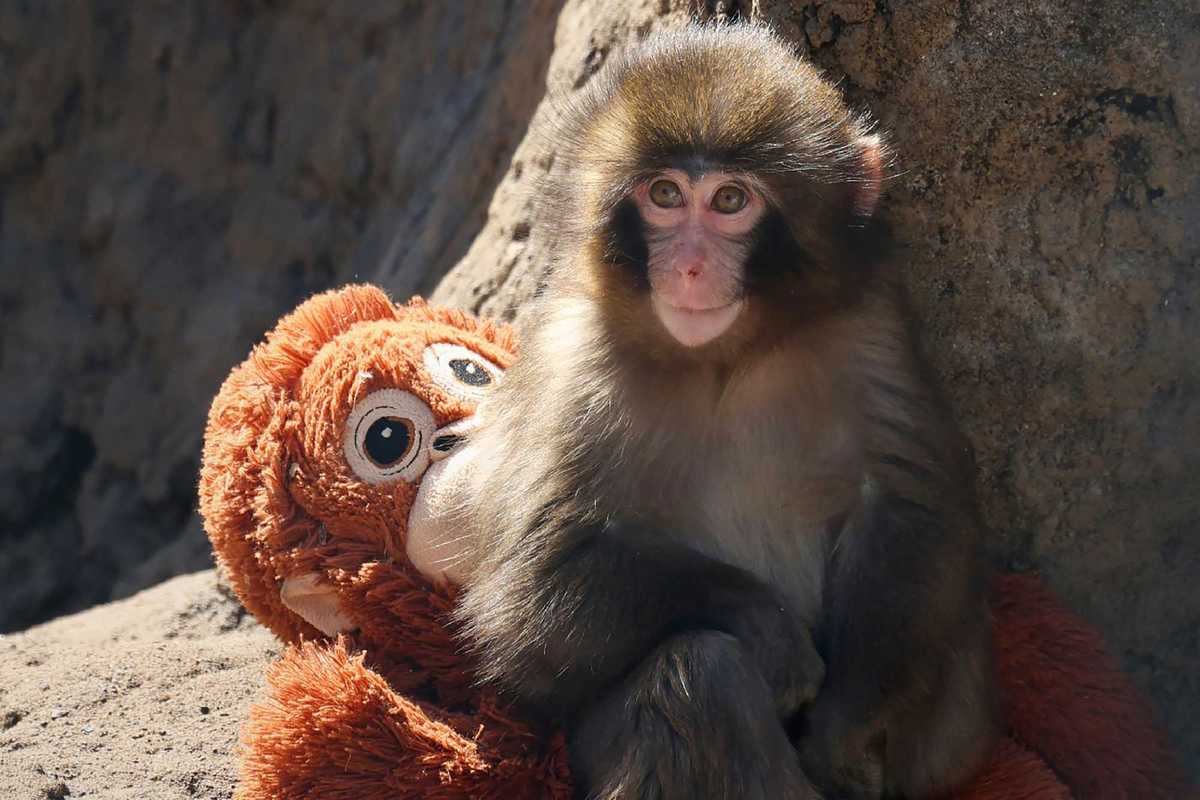News
Joe Vesey-Byrne
Feb 17, 2017
On Thursday night a suicide attack was made on a shrine at Sehwan, Pakistan, killing at least 75 people.
The shrine site in the south west of the country is a place of worship for followers of Sufi Islam.
Isis carried out a suicide attack, detonating explosives in the crowded area filled with many women and children.
More than 250 were injured in the blast, responsibility for which was claimed by Isis shortly after.
Built in 1356, the shrine is also located near to the tomb of the philosopher poet Syed Muhammad Usman Marwandi, better known as Lal Shahbaz Qalandar.
Sufiism is a form of Islam, rather than a sect, and Sufi orders can be found in both Sunni and Shia groups.
A wave of attacks
The suicide bombing followed another on Monday, claimed by Taliban faction Jamaat-ur-Ahrar, in which 13 people were killed at a rally in Lahore.
On Tuesday, two police officers were killed in the city of Quetta trying to defuse a bomb.
Since 14 February at least 99 persons have been killed in Pakistan by terrorist attacks in Sehwan, Quetta, Peshawar, Awaran, Mohman, and Lahore.
Author Aisha Saeed attributed the lack of a hashtag or photo filter campaign on English language social media, to the fact that the victims were Muslims.
#PrayforParis and the use of a filter of the French flag were used on social media following the gun attacks in Paris, France that occurred in 2015.
Saeed's perceived suggestion is inconsistent with the response to previous high casualty suicide attacks in Pakistan.
In October 2016, 25 people were killed in an attack during Friday prayers in the provincial capital Quetta.
The hashtag #PrayForQuetta trended that day, as it had done following an attack on a Quetta hospital that occurred in August.
Similarly, a hashtag #PrayForSehwan has been used on Twitter.
Social media campaigns do occur when Muslims are killed, though undeniably without the same prominence in Anglocentric social media as attacks with European victims.
All news is local, regardless of how 'global' coverage claims to be.
The bell ringer
Al-jazeera reports that 3.30 am the following day, the keeper of the shrine at Sehwan, defiantly rang the bell, calling those nearby to prayer.
He refused to be deterred by the assault that had left the bright white floor of the shrine darkened with blood.
If the tricolour profile photo and the hashtags are just posturing or 'virtue signalling' as some would have it, surely the act of a bell ringer is worth more than a social media campaign.
HT Aljazeera
More: Isis is paying the people smugglers' fees for refugee children
More: Indian media claims Pakistan is sending 'suicide dogs' into the country
Top 100
The Conversation (0)














